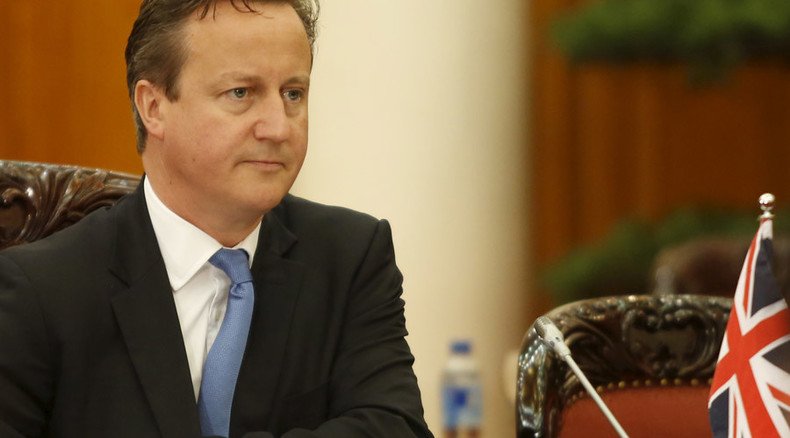Tories ease pressure on Cayman Islands over tax transparency

Britain’s Conservative government has relaxed demands on the Cayman Islands to create a register detailing company ownership, despite Prime Minister David Cameron’s previous call for Overseas Territories to adopt the measure to promote transparency.
The UK’s Overseas Territories and Crown Dependencies make up almost 25 percent of the world’s tax havens blacklisted by the European Commission (EC). Tax havens featured on the blacklist include Anguilla, Bermuda, the British Virgin Islands, the Cayman Islands, Guernsey, Montserrat and the Turks and Caicos Islands.
Cameron’s proposed public register would track the true owners of opaque shell companies and trusts, making it more difficult to move dirty money or evade tax in the UK.
In April 2014, Britain’s then-Business Secretary Vince Cable declared plans to obliterate the “darker side of capitalism” by pressing ahead with the move. Against a backdrop of big business pleas, he vowed to introduce legislation to make Cameron’s commitment of leading the way in the field of tax transparency a reality.
Cable later wrote directly to British Overseas Territories, urging them to do the same.
However, the Cayman Islands, Bermuda and the British Virgin Islands have flatly refused to adopt the public register following a string of consultations.
Rather, they are proposing to only make the owners of shadowy shell companies available to tax authorities on demand.
During a visit to the Cayman Islands in late August, Foreign Office Minister Grant Shapps claimed he thought tax authorities could be assisted while allowing the tax haven’s current systems to remain intact.
“Now, in terms of beneficial ownership the principle’s really straight forward,” he said.
“There needs to be, certainly for law enforcement agencies and bodies, the ability to find out who owns what in a transparent way, and not only for that information to be quickly and efficiently available so a single request could go in and the information can be provided.”
Financial secrecy: Britain rules the world of tax havens, Queen is warned http://t.co/YYm7ZZvErS
— Annika Poutiainen (@annikapoutiaine) June 8, 2015Under proposals from Cayman Islands authorities, there would be no government-monitored register. However, corporate service providers would be compelled to give information on company ownership to law enforcement authorities within a day of any request being made.
Despite the government’s rhetorical shift on tax transparency, the Foreign Office insists its desire to tackle financial secrecy and tax evasion remains steadfast. However, its focus appears to be on preserving the status quo while empowering law enforcement authorities to demand information required for investigations.
Critics have long argued the Conservative Party’s outward opposition to tax avoidance is politically motivated lip service, with no firm basis in policy.
Despite Cameron's assurance in 2013 that Britain’s Overseas Territories would create registers to identify the owners of secretive shell companies based in these tax havens, no progress was ever made.
Nevertheless, tax justice experts rank the City of London as being the most important player in the world of financial secrecy across the globe.













